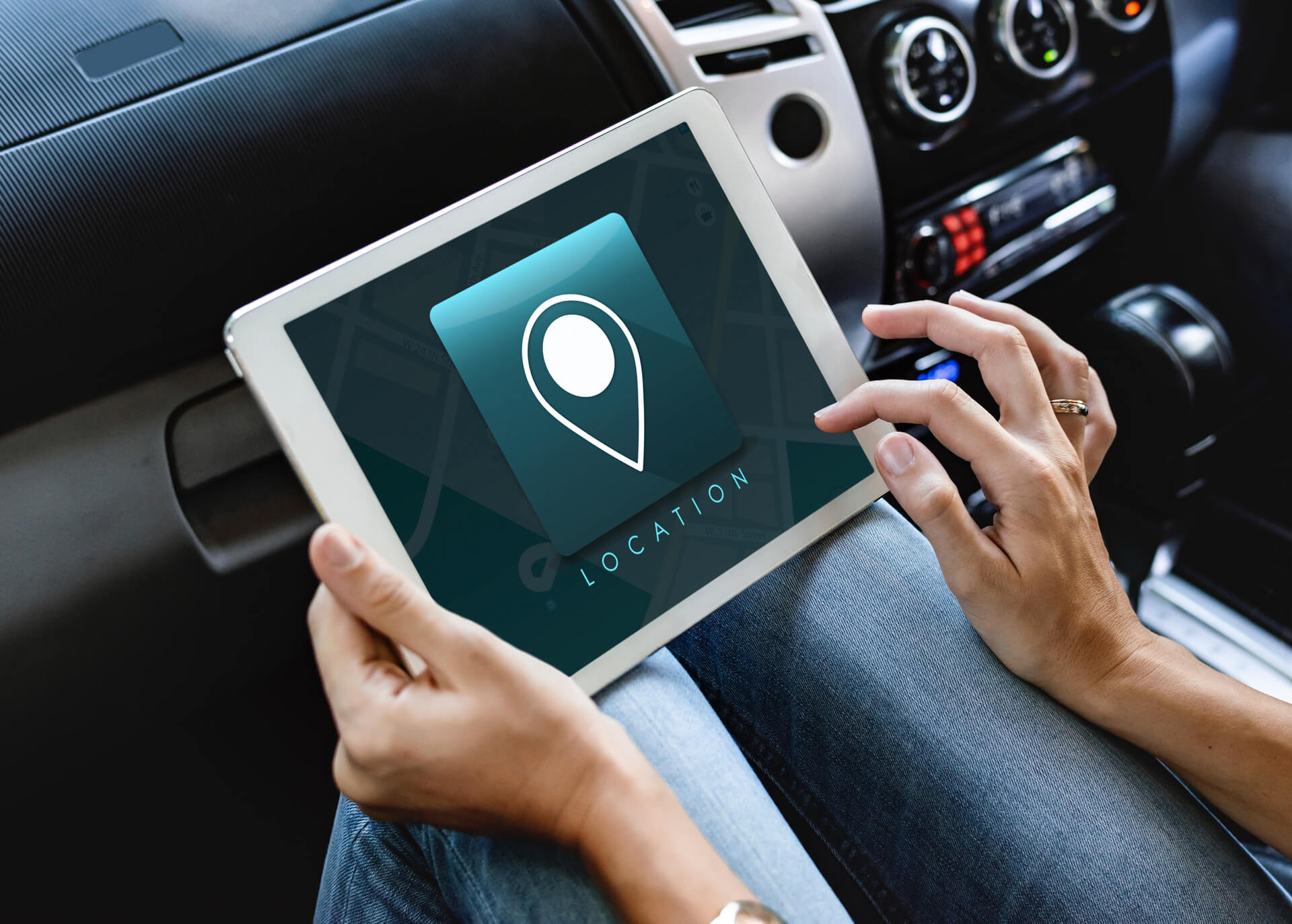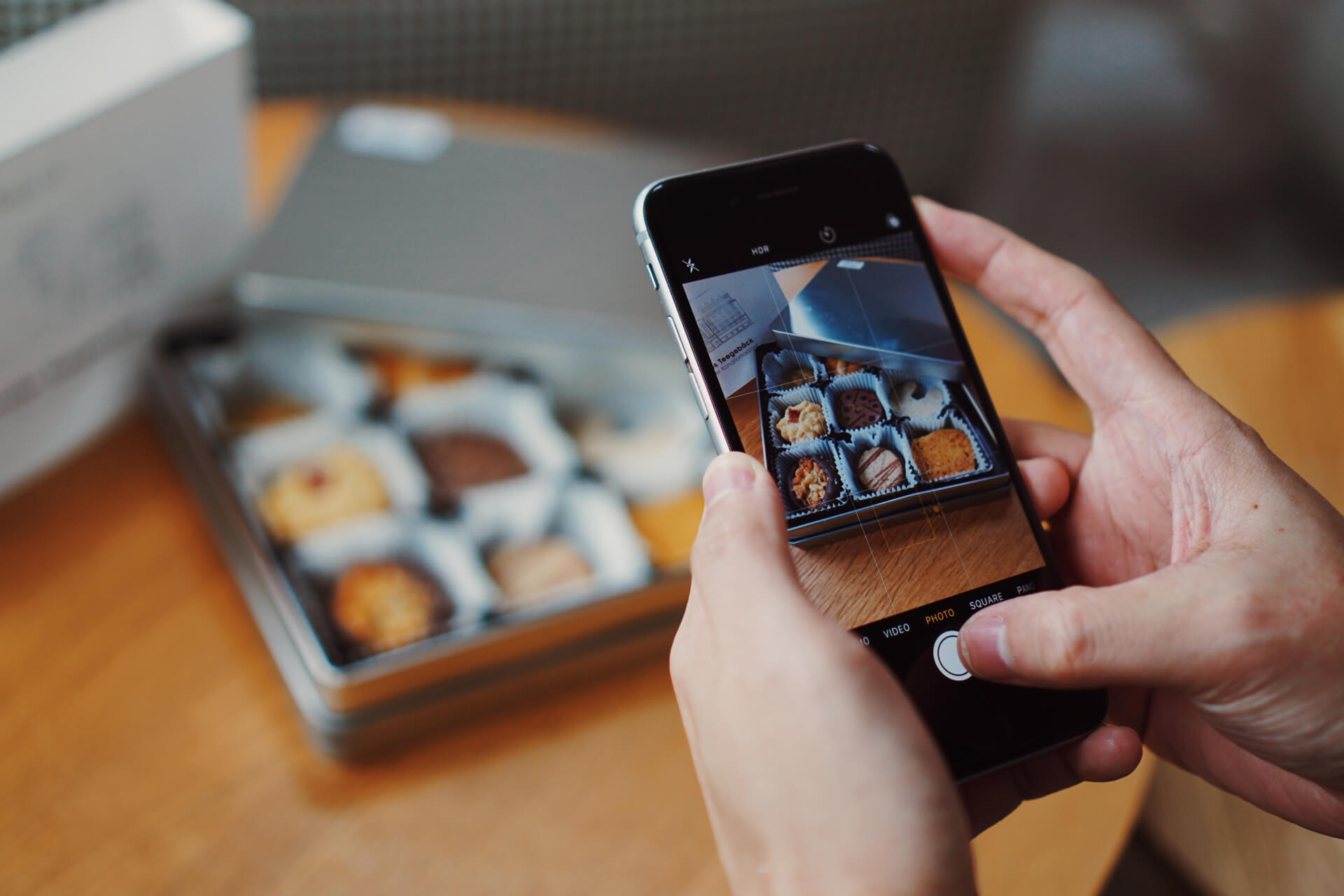The rise of mobile opened windows of opportunities in the world of market research. Researchers developed innovative ways, and still continue to do so, for the goal of obtaining more substantial information and richer consumer insights using mobile. What used to be an expensive, time-consuming process became a fast, straightforward procedure.
Here are some applications of mobile in market research:
 Shopper Insights
Shopper Insights
Shopper insights refers to market research studies focused on measuring purchasing journeys for the purpose of understanding customer behavior and its underlying elements such as wants, needs, beliefs, attitudes, and motivations. It’s an exploratory approach which identifies variables vital to product development and brand management leading to retail sales growth and higher shopping satisfaction. A few examples of questions that uncover these different factors include: How often and where do you usually go grocery shopping? What part of the store do you usually find yourself going to? How do you choose what brands you’re purchasing versus everything else displayed in the aisle?
Traces of studies using shopper insights can be detected from approximately 80 years ago. Nowadays, researchers take advantage by converging research and mobile usability to generate successful mobile research studies.
The mobile-enhanced shopper insights’ data collection process broadens marketers’ reach internationally. An example of a good mobile app for insight discovery is ThoughtLight™, Civicom’s qualitative mobile ethnography app which enables researchers to collect contextual data and understand consumer lifestyles by posting questions and having participants respond in text, photo, audio or video anytime. This eliminates the need for expensive, time-consuming travel yet still provides researchers with the opportunity to use it to collect real customer insights on in-store shopping experiences, store design and layout, shelf organization, signage, packaging, and many more retail factors, as the user take you virtually through their shopping routine.
 Audio Diaries and Patient Journeys
Audio Diaries and Patient Journeys
A diary study is a qualitative research method used to collect unsolicited contextual insights about activities, behavior and experiences over a relatively long period of time. It’s meant to capture rich thoughts and feelings, as participants are expected to log these expressions while they’re “in the moment”. Some diary studies do not force participants to write entries regularly, but it’s the researchers’ call to require frequency. After all, diary studies are conducted to apprehend long-term user behaviors such as product usage and behavioral changes that cannot be interpreted accurately from small sets of data. This is also helpful for studying patient journeys, which represent a qualitative map of clinical and non-clinical sequential steps in a patient’s care to identify any evidences of medicine effects used to examine research assumptions.
Obviously, the pencil-and-paper data collection approach is outmoded now - mobile took diary studies to the next level. Civicom InSitu Audio Diaries and Patient Journeys, using the ThoughtLight Mobile App, in particular, guarantee an array of participant feedback delivered back to you in a personalized format that meets your study’s needs. This top-notch solution allows participants to dial through their mobile device and record entries like a phone call - they can easily upload photos, videos and other images too. Involve anyone from anywhere as this high-end solution is available in almost every language. This is a beneficial market research tool not only for qualitative studies, but to quantitative and hybrid researches as well.
 Employee Experience
Employee Experience
The challenges businesses face in understanding their own environments can be daunting. Employees often have issues that impact business success that frequently go unexplored, due to the logistics of deciding how to collect data. The old way of doing things was to conduct an employee survey, either using paper and pencil, or though a computer. The new way is to use a mobile app such as Civicom ThoughtLight to collect the needed information. An advantage of using a mobile app to collect employee data is that it is easily programmed by a project moderator with the questions that are being posed to the recipients. Responses are seen only by the persons who have been given access to see them. They can also be made anonymous to the viewer, thus protecting employee privacy.
Content of business to business studies with employees can involve several types of issues. A popular approach is a qualitative survey where input is collected on how employees feel about the work environment. For example, what preferences do they have in choosing employee benefit plans, or how might they rank order the value of employee perks provided by their company. Another frequent type of study might involve commuting times and difficulties in reaching the workplace and options for locating employees in alternative facilities.
A third type of mobile qualitative study involving employees in the workplace involves perceptions of the products or services being sold by the company. In a manufacturing environment, data can be collected about what bottlenecks there might be in the production process, what equipment might be holding up the manufacturing line or in the logistics process, or what aspects in the shipment process are holding up product delivery. Capturing the thoughts and impressions of employees about improving the workplace is a productive and efficient methodology for including employees in the betterment of their workplace while also empowering them to feel that their voices in the process can make a difference.
Mystery Shopping
Mystery shopping is a widely adopted method that has been used by market research companies or watchdog organizations as early as 1940 to examine the quality of service they provide and gather information relating to their products and services. Mobile phones improved this process by making it easy for mystery shoppers to provide real-time, detailed insights i.e. when they choose and purchase a product, as well as their in-the-moment comments and suggestions. Mobile phones allows mystery shoppers provide insights through audio recordings, photos and videos that researchers can interpret later on. Mobile mystery shopping is also used as a strategy in measuring a company or organization’s compliance to government regulations.
Gamification methods
Gamification refers to the process of redesigning research processes to become game-like in nature to increase participants’ level of engagement and interest with research activities. Mobile surveys are humanised by linking them to potential real life situations (i.e. what restaurant will you take someone on a first date). This way, researchers uncover psychological and behavioral outcomes in addition to mere brand selection. Gamification also provides positive effects like high completion rates, which proves that superiority of gathered data ties in to how enjoyable a research experience is.
 GPS Capabilities
GPS Capabilities
Mobile GPS can be used in market research for monitoring consumer behavior and gathering location-based information such as how far, how long and how often a consumer travels to certain stores or other venues. It enables companies to monitor and examine whether or not other information provided by the participant is actually verified by their actions. Using GPS also gives companies ideas for advertising reference points.
This form of market research has now become widely pervasive. Concerns have arisen that location monitoring is possibly a violation of privacy and a threat to personal security. To avoid participants being taken aback by how intrusive location monitoring can be, it must be explained to them in advance in terms they understand. in-situ procedures that specifically identify an individual usually require a participant’s informed consent through opt-in and agreement with the terms of engagement before the research process begins.
Mobile Ethnography
Mobile ethnography enables researchers to deep-dive into natural habitat of participants and get access to their rituals without any live, in-person, in-home intrusions. While it is true that a question-and-answer approach on a mobile device can deliver insights, having the opportunity to explore and capture that “moment of truth” by viewing it through the respondent’s mobile device while they are describing the experience can give you extremely valuable information.
Civicom’s Front Row™ technology allows you to conduct live, digital in-depth interviews and experience first-hand observation while participants tour you through any places you want - medicine cabinets, clothes closets, pantries, refrigerators, and many more. Mobile phones enable people to move freely as they conduct their day-to-day activities which is paramount to qualitative research. Researchers are able to view and listen to the participants through their computers, via a secure web room, which eliminates the need for on-site IDIs. Front Row™ truly gives researchers the ability to deep-dive in lifestyles of various participants and come closer to mobile research success in market research.



